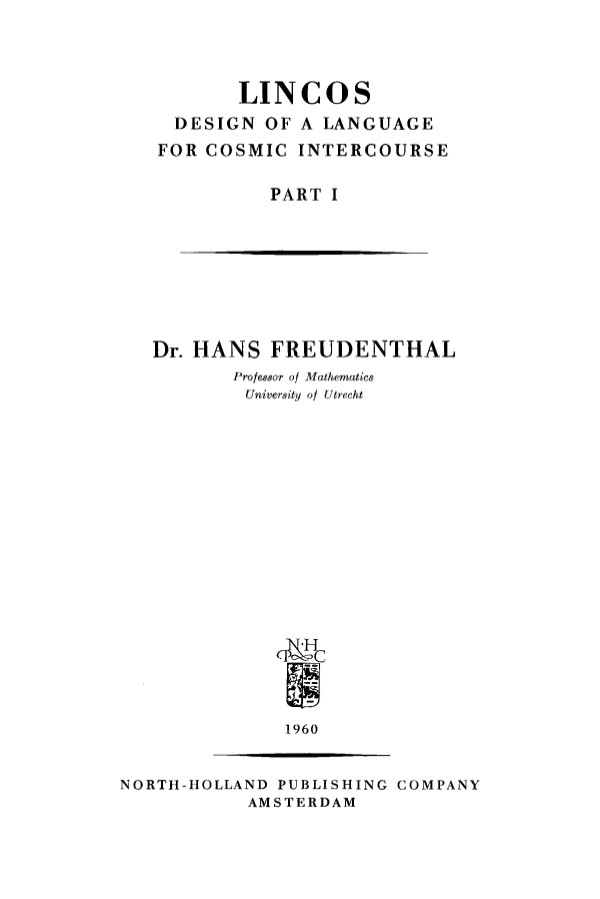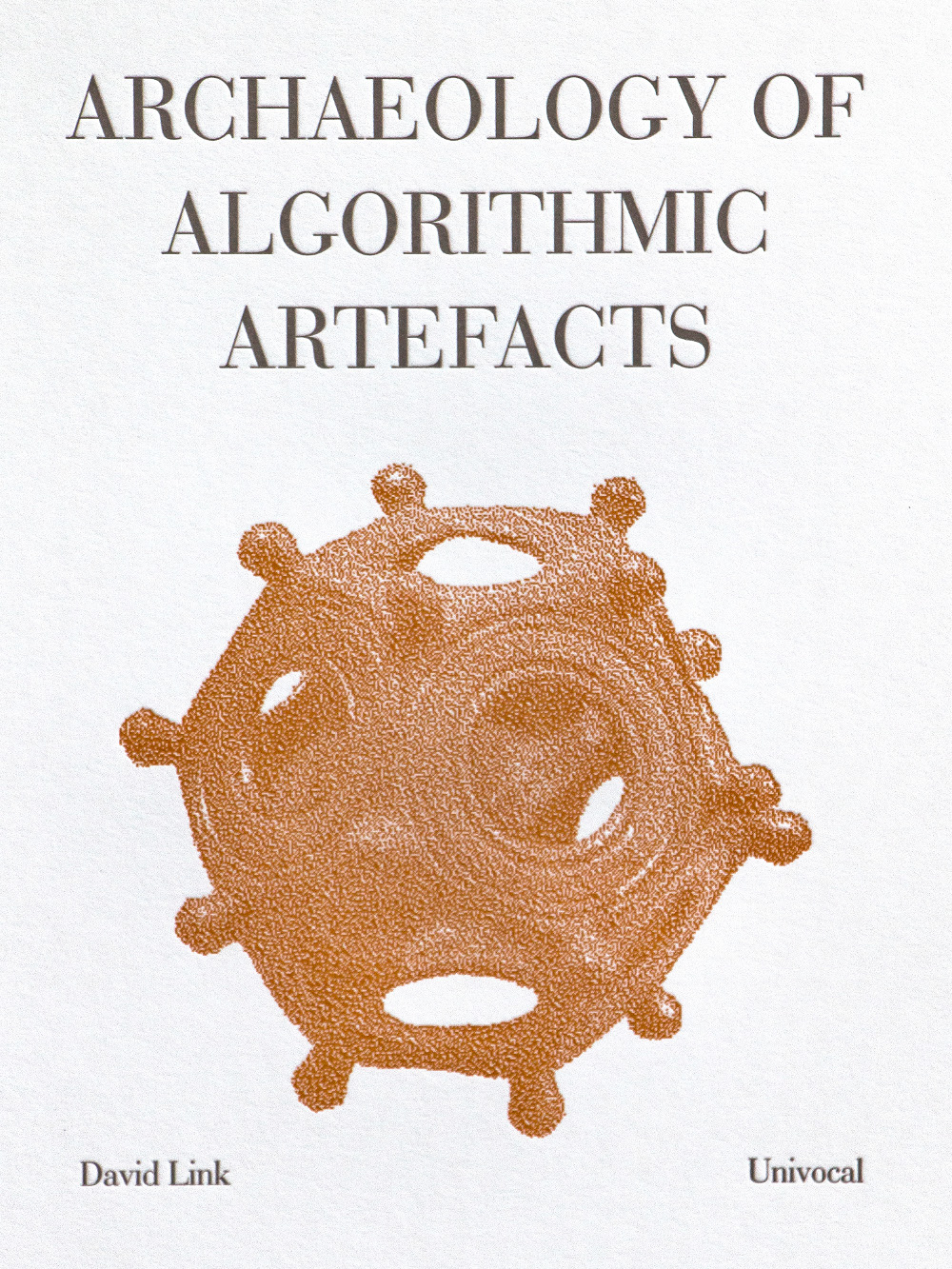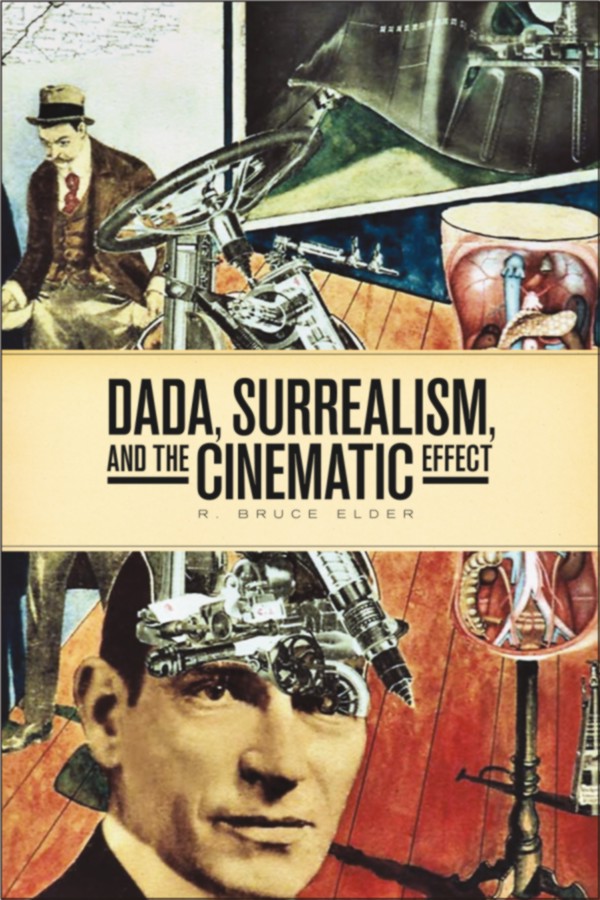Hans Freudenthal: Lincos: Design of a Language for Cosmic Intercourse, Part I (1960)
Filed under book | Tags: · extraterrestrial, language, logic, mathematics

This book introduces an artificial language designed to be understandable by any possible intelligent extraterrestrial life form, for use in interstellar radio transmissions. The Dutch mathematician Hans Freudenthal considered that such a language should be easily understood by beings not acquainted with any Earthling syntax or language. Lincos was designed to be capable of encapsulating “the whole bulk of our knowledge.”
Publisher North-Holland, Amsterdam, 1960
Studies in Logic and the Foundations of Mathematics series
224 pages
via keriokleptes
Reviews: S.W.P. Steen (British J Phil of Science, 1962), E.E. Dawson (Mind, 1964), Louis Narens (J Symbolic Logic, 1973).
Survey: Vincenzo Latronico (ACME, 2007).
Commentary: Vincenzo Latronico (Bulletins of The Serving Library, 2017).
PDF (10 MB)
See also CosmicOS inspired by Lincos.
David Link: Archaeology of Algorithmic Artefacts (2016)
Filed under book | Tags: · algorithm, apparatus, computing, history of computing, machine, mathematics, media archeology, theory

“Unearthing the cumulus of transient technologies that underlie the fabric of contemporary society
As historical processes increasingly become steeped in technology, it becomes more and more necessary for a discipline to emerge that is capable of comprehending these materialities beyond their shelf life to better understand the fields they inundate such as science, art, and warfare. This effort is further compromised by the inherent complexity and complete arbitrariness of technical languages – especially when they are algorithmic – along with the rapid pace in which they become obsolete, unintelligible, or simply forgotten. The Turing Machine plays a central role in the Archaeology of Algorithmic Artefacts, wherein the gradual developments of the individual components encompassed by this complex technology are placed within the context of engineering sciences and the history of inventions. This genealogy also traces the origin of the computer in disciplines such as mathematics, meta-mathematics, combinatorics, cryptology, philosophy, and physics. The investigations reveal that the history of apparatuses that process signs is in no way limited, as one might think, to the second half of the 20th century, rather it is possible that they existed at all times and in all cultures.”
Publisher Univocal Publishing, Minneapolis, 2016
ISBN 9781937561048, 1937561046
207 pages
Review: Lisa Gitelman (Computational Culture, 2017).
PDF (18 MB)
Comments (3)R. Bruce Elder: Dada, Surrealism, and the Cinematic Effect (2013)
Filed under book | Tags: · alchemy, art history, avant-garde, chance, cinema, collage, consciousness, dada, dreams, film, film history, language, mathematics, occultism, sexuality, spiritualism, surrealism, theory

“This book deals with the early intellectual reception of the cinema and the manner in which art theorists, philosophers, cultural theorists, and especially artists of the first decades of the twentieth century responded to its advent. While the idea persists that early writers on film were troubled by the cinema’s lowly form, this work proposes that there was another, largely unrecognized, strain in the reception of it. Far from anxious about film’s provenance in popular entertainment, some writers and artists proclaimed that the cinema was the most important art for the moderns, as it exemplified the vibrancy of contemporary life.
This view of the cinema was especially common among those whose commitments were to advanced artistic practices. Their notions about how to recast the art media (or the forms forged from those media’s materials) and the urgency of doing so formed the principal part of the conceptual core of the artistic programs advanced by the vanguard art movements of the first half of the twentieth century. This book, a companion to the author’s previous, Harmony & Dissent, examines the Dada and Surrealist movements as responses to the advent of the cinema.”
Publisher Wilfrid Laurier University Press, Waterloo, 2013
Film and Media Studies series
ISBN 9781554586257, 1554586259
x+765 pages
Reviews: John W. Locke (Canadian J of Film Studies 2014), Robin Walz (Canadian J of History 2014), Bart Testa (U Toronto Quarterly 2015).
PDF (8 MB, updated on 2019-12-14)
EPUB (added on 2019-12-14)

